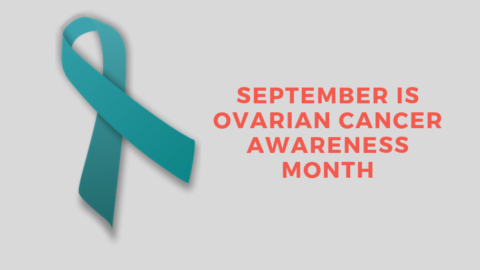Forty percent of smokers don’t receive advice from their doctor on how to quit.
U.S. Surgeon General Jerome Adams called this a “shocking statistic” as he presented the report Smoking Cessation to the nation.
It’s clear that across the country, healthcare providers need encouragement and training on how to talk to smokers about quitting tobacco.
When I’ve spoken with medical personnel about tobacco, I’ve been surprised by some of their responses. A nurse who smoked told me that she felt two-faced—almost dishonest—when she counseled a patient to quit since she herself enjoyed cigarettes.
An obstetrician told me that his colleagues saw themselves as specialists and believed that smoking cessatiston counseling should occur in someone else’s exam room. Conversations about tobacco use were the responsibility of primary care physicians, in other words, not obstetricians.
I’ve changed the way I present the Smoking Cessation and Reduction in Pregnancy Treatment (SCRIPT®) workshop as a result of these conversations.
Before I describe how healthcare providers can effectively counsel tobacco users, I want them to understand why this is so important. I do my best to motivate my audience and convince them that brief smoking cessation counseling is something that every healthcare provider should be ready to do.
I start by reminding my audience that tobacco kills. The ravages of cancer and heart disease are devastating. I acknowledge the importance of new health threats (COVID-19, EVALI, Zika) but declare that tobacco still demands our attention. I slide in some facts – 1,300 people die from tobacco related illness every day in the U.S.
I finish with a photo of Terrie Hall from the CDC’s “Tips From Former Smokers” campaign. Treatment for throat cancer left her without her larynx and part of her jaw. Despite her disfigurement, this beautiful grandmother worked with the CDC to spread awareness of tobacco’s destruction.
Terrie died in 2013 at 53 years old. If we’re going to slow the pace of tobacco-related deaths like hers, all of us need to share the facts about smoking cessation.
But first we might need to remind ourselves how important this work is.
SOPHE’s SCRIPT® workshop offers participants the tools to make brief, on-the-spot cessation counseling part of routine prenatal care.
Your organization can bring this training workshop to your community. Find out how visit dev.sophe.org/focus-areas/script/
Liz Marshall
SCRIPT® Project Manager


